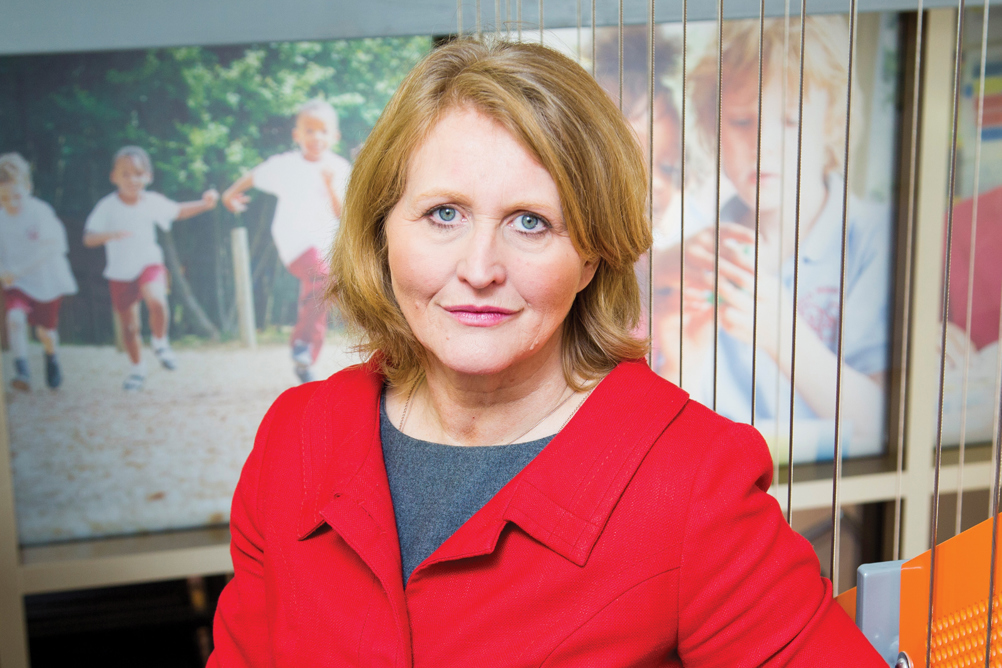
Children’s commissioner Anne Longfield says visits to children on mental health wards from outside professionals, such as therapy and advocacy, have “dropped alarmingly”.
While some of these services have adapted to working remotely, to adhere to social distancing guidelines, “online support will often not be an adequate substitute for engaging with children experiencing severe difficulties”, said Longfield.
The comments come as part of a report published this week into the experiences of children on mental health wards amid the Covid-19 crisis.
It details how usually wards have visits from professionals, such as family therapists who are not part of the core ward team, to provide additional therapeutic services or activities.
Register Now to Continue Reading
Thank you for visiting Children & Young People Now and making use of our archive of more than 60,000 expert features, topics hubs, case studies and policy updates. Why not register today and enjoy the following great benefits:
What's Included
-
Free access to 4 subscriber-only articles per month
-
Email newsletter providing advice and guidance across the sector
Already have an account? Sign in here

